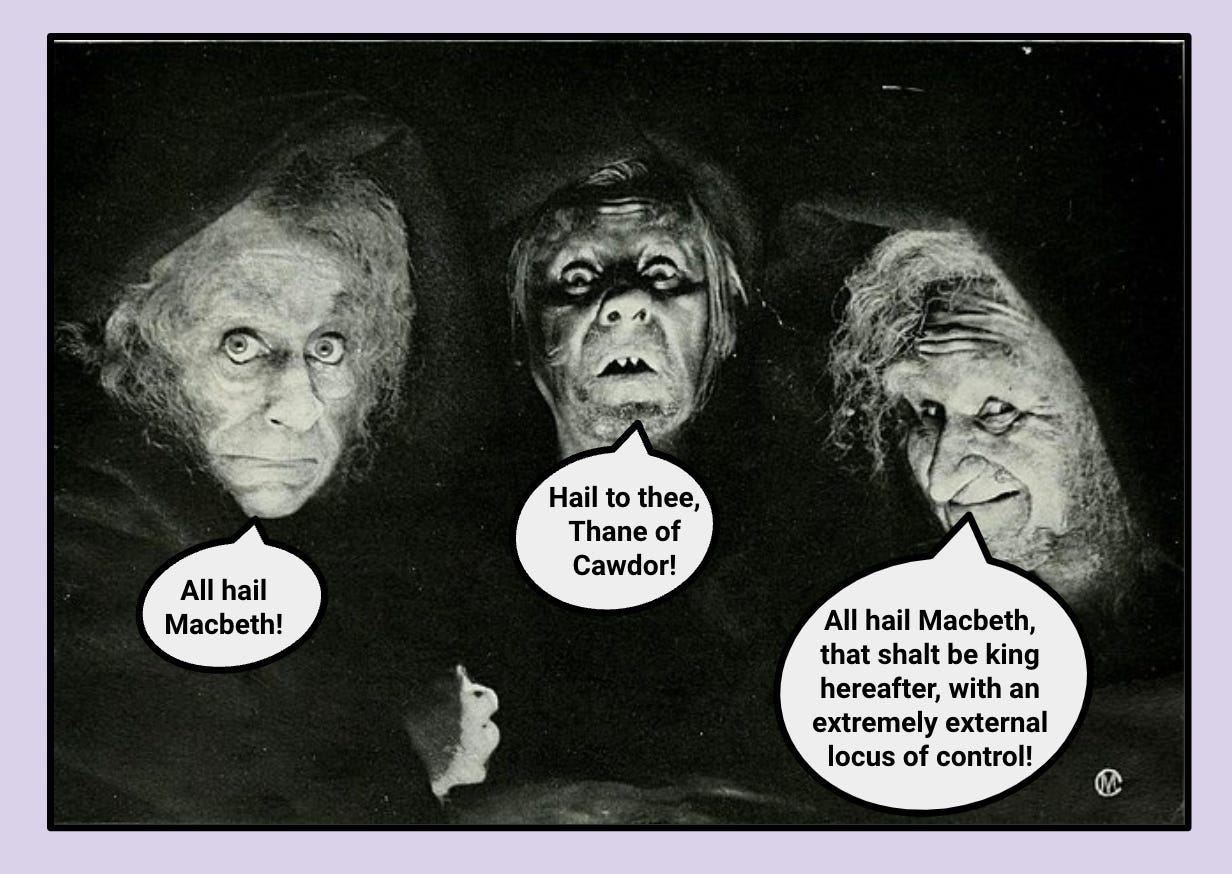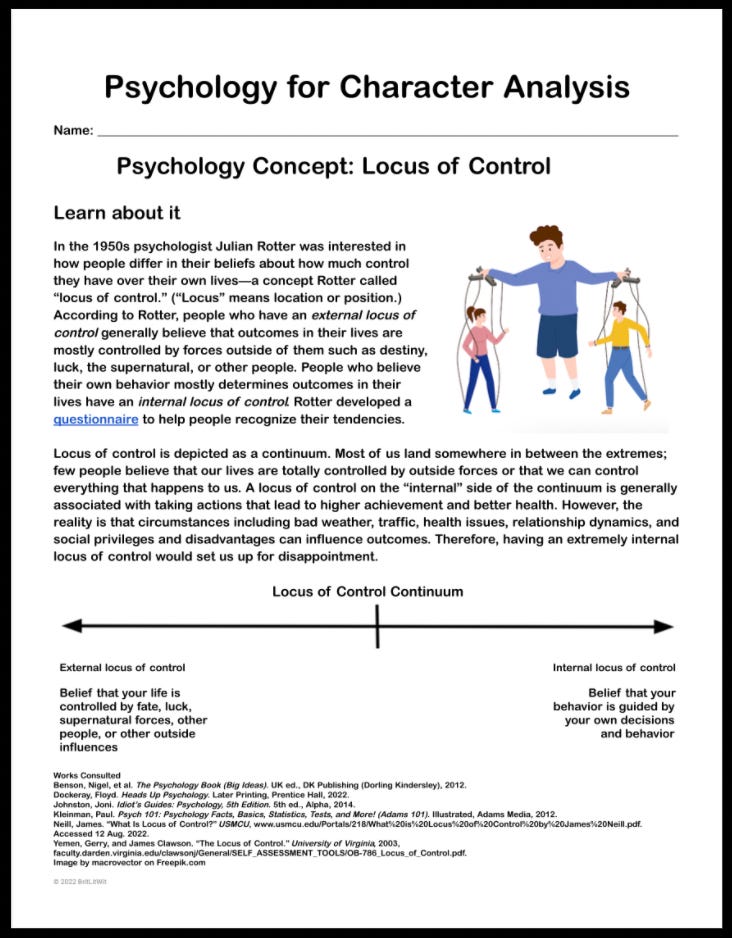Psychology x literature: the collab that English class needs
When I was in middle school and high school, writing was the reason I liked English class. Journal entries, personal narratives, even research papers—that was the fun stuff for me! But even though I was known as a big reader, my secret was that I kind of hated the literature units in English. I was never interested in the plot of This Marking Period’s Old Novel (which was typically the only aspect we covered), so I daydreamed in class and skimmed over the homework chapters (and therefore frequently bombed the reading quizzes).
However, a switch flipped for me when I was in 12th grade, taking Psychology and English at the same time. Suddenly, I kept making connections between the new psych concepts I was learning and the situations of the characters in the novels and plays we were studying. Being able to recognize and explain the social dynamics the characters were experiencing, what motivated them, and what shaped their identities made literature so much more interesting. I have no doubt that studying psychology helped me perform better in all the literature classes I had to take in college as a Secondary English Education major.
Once I got my bearings as as 12th grade English teacher, I would informally weave in psychology concepts as we analyzed characters. For example, the Fate vs. Free Will theme of Macbeth was a great opportunity to discuss locus of control. The Sherlock Holmes stories paired with an intro to mindful awareness. And 1984 connected to multiple psych-adjacent topics like the effects of advertising, propaganda, and linguistics. Students loved the psychology angles on literature because it was easy to connect it to real life too. Plus, it leveled up from the usual exercises that required them to merely identify characters’ traits or compare and contrast characters. Those basic approaches seemed to get students anchored on simplistic interpretations of characters’ morality and made for dead-on-arrival class discussions too.
So that’s why I’m excited to share that I’ve completed a project that’s been on my to-do list since forever ago: a set of character analysis worksheets based on psychology concepts. I developed them because 1) the mission to make the literature of English class resonate with students is never complete (!) and 2) I wanted to make a resource that could make nearly any character-driven text more interesting—something that went beyond the usual surface-level graphic organizers.
For these worksheets I made sure to include psychology concepts that matter in the lives of all teenagers and adults:
Emotional intelligence—developing our abilities to be self-aware, manage emotions, find motivation, be empathetic, and demonstrate social skills
Locus of control—how whether we believe we have the power to shape our own lives or whether it’s up to outside forces
Reference groups—how groups of people (even those on TV and social media) shape our values, behavior, and appearances
Principles of persuasion—the tactics people use to influence us to make purchases, support causes, accept job offers, and more
Leadership styles—how authoritarian, democratic, and laissez-faire styles affect group productivity
Each worksheet includes three sections:
Learn about it—Introduces the psych concept concisely, which means that no prior knowledge is required!
Connect it to the text—Guides students to find evidence of how a main character demonstrates the psych concept
Connect it to real life—Guides students to consider how awareness of the psych concept could benefit their wellbeing
Shakespeare plays, dystopian fiction, and complex short stories provide great opportunities to use these worksheets. They’re great to have on hand for sub days, times when you need to stretch out a unit, or whenever you want to bring structure and interest to class discussions about literature. It’s a win any time we can teach literature in ways that prepare students for other aspects of life instead of merely preparing them for more literature assignments!
A couple of excerpts:
Check out these character analysis worksheets in my TpT store (available as a freebie!). If you teach novels, plays, or short stories to high school students, the psychology concepts included in this resource will be sure to bring more dimension and resonance to your units.







